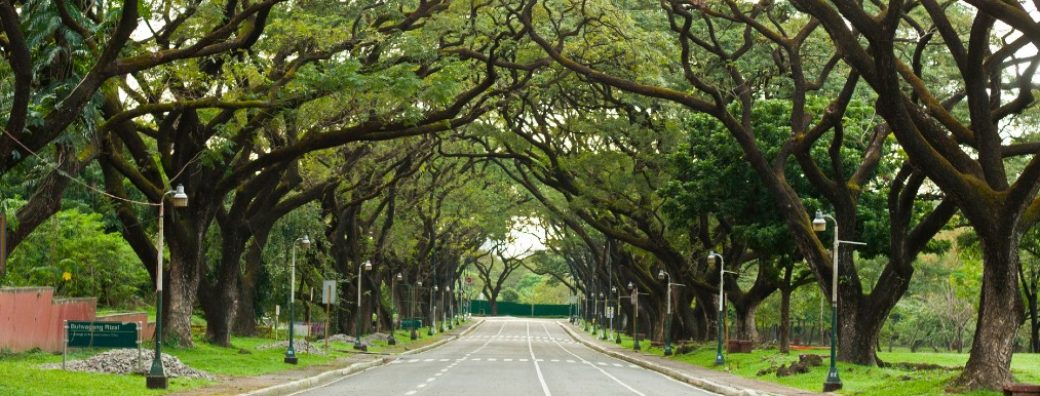For over a century, the Department of English and Comparative Literature (DECL) of the University of the Philippines has been developing and teaching essential courses in English; producing groundbreaking scholarship in language and literature; and fostering writers to become among the best in the country.
The DECL was established in 1910 as the Department of English, one of the units of the College of Liberal Arts. During its early years, under the leadership of American educators such as Dean S. Fansler, Louis Franklin Snow, and George St. Clair, the department proved to be formative ground for Philippine literature in English. Writers such as Manuel Arguilla, Salvador P. Lopez, Jose Garcia Villa, and Angela Manalang-Gloria were among the students. Writing organizations and groups would also stem from the department, such as the UP Writers’Club (1927); The Veronicans and The Bachelorettes (1930s); The Pylons and Writers’Guild (1940s); Ravens (1950s); Bagay (1960s); Panitikan para sa Kaunlaran ng Sambayanan (PAKSA), Galian sa Arte at Tula (GAT), and Writers’Union (1970s); WOMEN and Pambansang Unyon ng mga Manunulat (Panulat) (1980s); and UP Quill (1990s).
A series of transitions later defined the department. First was the appointment of the first Filipino head, Antonio Verbo, who took office in 1932. Next would be the Second World War and, in its aftermath, the University’s move from Manila to the Diliman campus. Then, in 1957, the department changed its name to the Department of English and Comparative Literature. Shortly after that, in 1959, the Board of Regents approved the splitting of the department, leading to the establishment of the departments of Art Studies and of Speech Communication and Theater Arts.
The late 1960s and 1970s saw the department responding to the zeitgeist of political thought, with figures like Elmer Ordoñez and Jose Ma. Sison at the forefront. Its faculty and students played key roles in the resistance to martial law. Writers and activists from the department defined the literature of the period.
In the 1980s and 1990s, the department charted new and exciting directions for the study of language and literature in the Philippines as it adapted a range of theoretical approaches, from Marxist theory to post-structuralism, from gender theory to post-colonialism.
Today, among the DECL’s faculty are the leading creative writers and literary scholars of the country. As the first university English department in the Philippines and its current accreditation as a Center of Excellence in English and Literature, the DECL is indeed a premier department.

